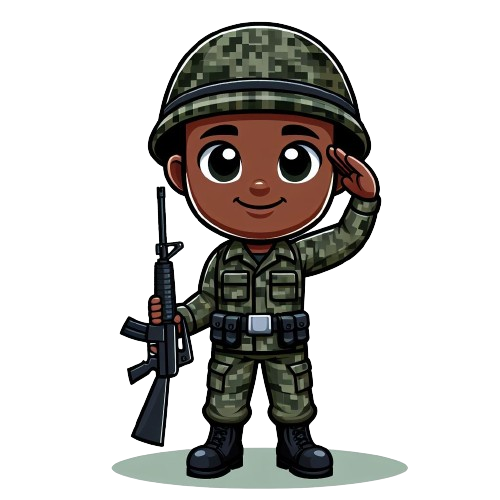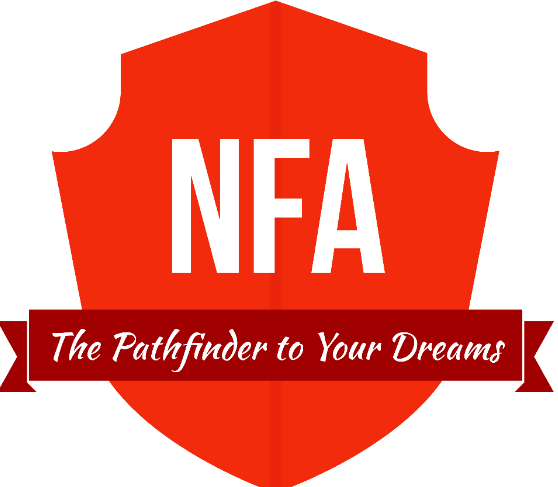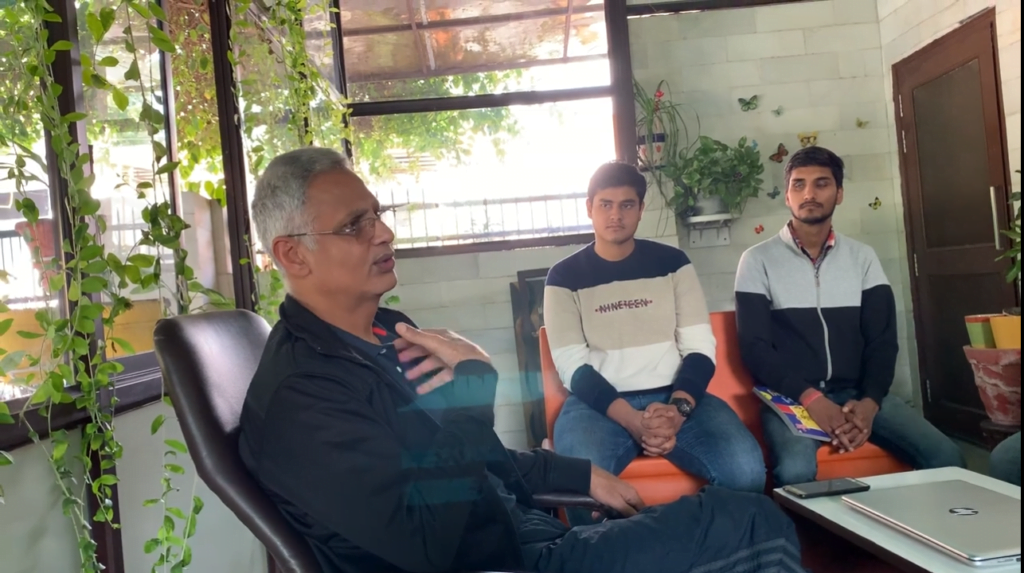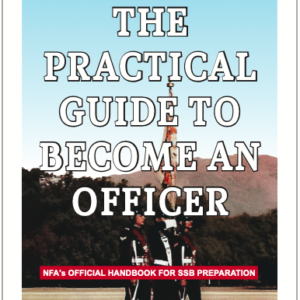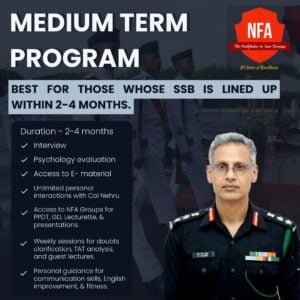Introduction
Understanding the questions asked in an SSB interview and how to tackle them effectively is crucial for aspirants. In this blog, Col MM Nehru, a former Interviewing Officer (IO) and Deputy President of 17 SSB, shares his insights to help candidates prepare better. Let’s delve into the SSB interview questions and answers to enhance your chances of success.
General Overview
I was an Interviewing Officer (IO) and Deputy President of 17 SSB in 2010–11. Since 2014, I have been guiding SSB aspirants. I find a lot of misconceptions about SSB as well as the Interview. In this article, I will explain the perspective of the IO and what should be the approach of a candidate.
What an Interviewing Officer in SSB Interview Assesses?
The IO, like the other two assessors, evaluates whether the candidate possesses the requisite 15 OLQs (Officer Like Qualities) in adequate measure.
Methodology of IO’s Assessment
An IO tracks the candidate’s life history through childhood, family, and academic environment, the opportunities available, difficulties faced, successes, and failures to construct a consistent behavioural profile. A guiding principle for all IOs is:
“Past behaviour is indicative of future conduct; more consistent past behaviour is likely to be repeated in the future.”
Questions Asked
In about 40–50 minutes, an IO completes the assessment of SSB Interview Questions and answers. The questions posed are in roughly the following sequence:
Initial Introductory Questions: For candidates interviewed immediately after the Psychology Tests, the initial questions are about the place they come from, journey, etc. For candidates being interviewed during the GTO tests, the initial questions are about the GTO tasks and group members. The aim is to make the candidate comfortable and open up in a new environment.
First Series of Questions for Students:
- Tell me about your academic performance starting from 10th grade.
- What was your favourite subject and why?
- Which subject did you dislike and why?
- Who was your favourite teacher and why?
- Who are your close friends and why?
- How did you adjust to hostel life?
- Tell me about the sports and extracurricular activities you participated in and any achievements.
First Series of Questions for Professionals:
- Tell me about your professional experience.
- What do you like and dislike about your work?
- What changes would you like to bring to your workplace?
- What is your opinion about your boss?
- Why do you want to join the Army?
Second Series of Questions:
- Tell me about your parents’ occupations.
- How do you spend time at home?
- Who are you closest to?
- How do you approach problems?
Third Series of Questions:
- Tell me about your hobbies and interests.
- How do you spend your spare time?
- What is your daily routine?
- What TV programs do you like?
- What do you like to read?
Subsequent Questions: The IO may ask questions related to hobbies, interests, sports, achievements, and GK. They might ask about organizing an event or activity, performance in Psychology Tests/GTO, preparation for SSB, or why you opted for the Air Force.
Probing Questions: While answering, the IO may ask probing questions to check your academic knowledge and practical sense.
Correct Attitude/Approach
A competent candidate’s approach should include:
- Confidence in being selected.
- Transparency and truthfulness.
- Honest opinions about teachers, friends, family, and colleagues.
Poor Strategies
- Rehearsing diplomatically good answers is a poor strategy.
- Focusing on remembering the sequence of questions can impair attentiveness.
Correct Strategy
- Treat the interview as a conversation with a friend.
- Maintain relaxed attentiveness.
- Do not stress about remembering the sequence of questions.
Tackling Types of Questions
- Personal life questions: Answer honestly.
- Academic/practical questions: Take your time to think and answer well.
- General awareness questions: Answer like academic questions.
Conclusion
Follow these guidelines for success in the SSB interview and ignore misleading advice from unreliable sources.
Good luck!

Col. MM Nehru
While in the Army as a Colonel, Judged Reality Show, “Mission Army-Desh ke Rakshak” of National Geographic in 2011.
Selector for Defence Services at 17 SSB, Bangalore.
SPORTS & FITNESS RELATED EXPERIENCE: Trained Services/ national/international level boxers. Trained Services athletes.
Top level Tennis player in India (above 55 years age category).
